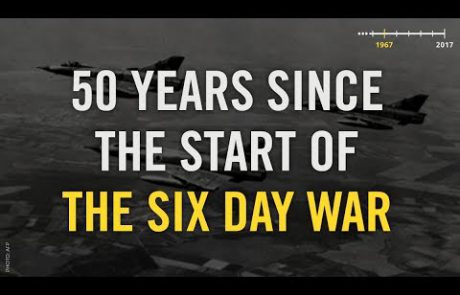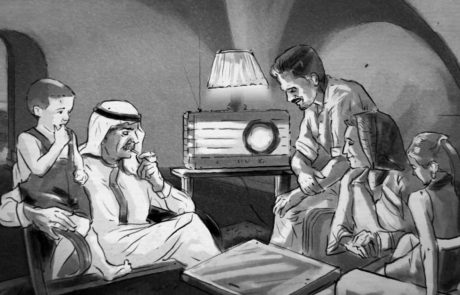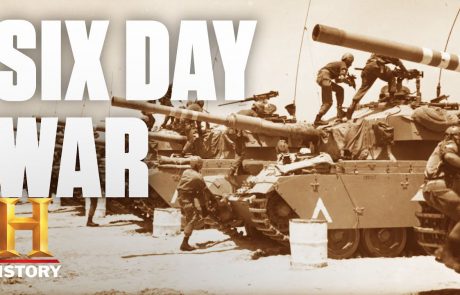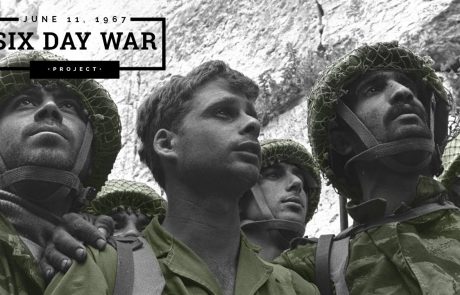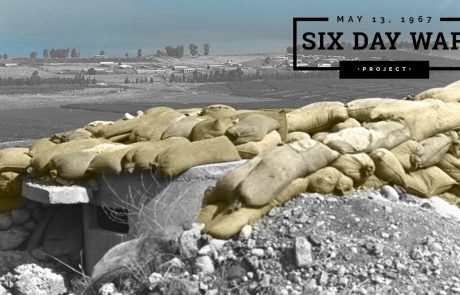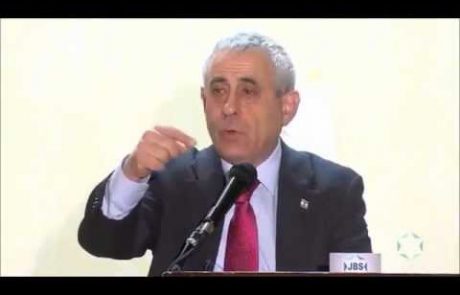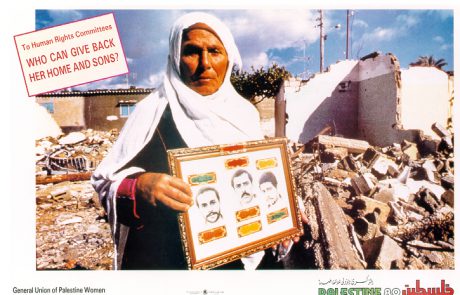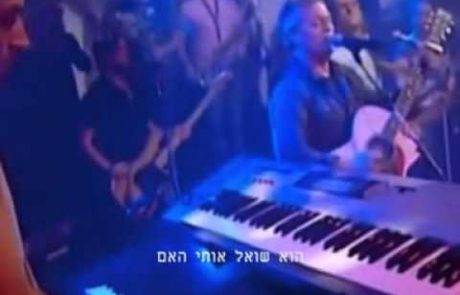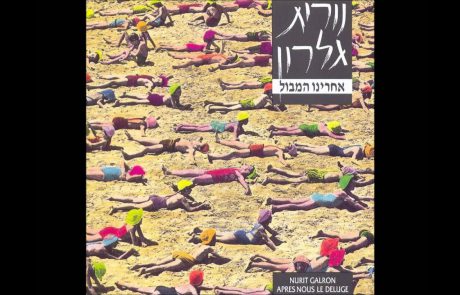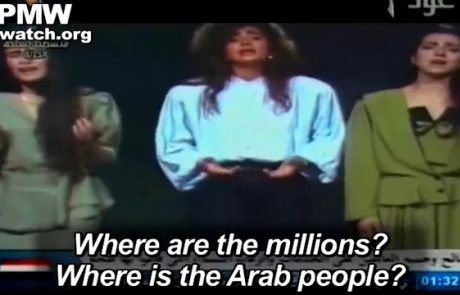Archive for January 2019
IDF: The Military Story of the Six Day War
Produced by the Israel Defense Forces in Hebrew with English subtitles, this video (09:04) describes Israel’s military victory against four enemy armies on three fronts during the Six Day War. With animated maps, archival
Six Days of Miracles: The Religious Significance of the Six Day War
Created by the World Mizrahi religious Zionist organization, this uplifting video (10:09) interprets Israel’s surprising and total victory in the Six Day War as a modern-day miracle. Employing biblical language, the video emphasizes the
How the Six Day War Changed the Map of the Middle East
Produced by History, an American television network, this video (04:21) provides a brief introduction to the Six Day War, including basic historical context, the major events of the conflict, and the geographic and political
The Six Day War Project #11-12: The Aftermath of the War & the Peace Process
This post presents the last two videos in the Six Day War Project, a mini-series of twelve short videos about the dramatic events and impact of the Six Day War, produced by Jerusalem U
The Six Day War Project #1-4: Causes of the War
This post presents the first four videos in the Six Day War Project, a mini-series of twelve 2-5 minute long videos about the dramatic events and impact of the Six Day War, produced
Intifada vs. Jihad: The Religious Roots of the Israeli-Palestinian Conflict
In this short video (03:58), Mordechai Kedar, an Israeli scholar of Arabic culture, suggests that the root of the Israeli-Palestinian Conflict is religious, as opposed to geopolitical or economic. He explains how the
Palestinian Posters from the First Intifada
This post presents eight Palestinian posters from the First Intifada from the Palestinian Liberation Movement Collection in Yale University’s library. Among the images are those advocating violent resistance against Israel, those highlighting the
Shlomo Artzi: New Land
Released during the First Intifada, this song is written as a continuous conversation between fathers and sons over the course of generations as they journey toward “a new land.” It subtly explores controversial
Nurit Galron: After We’re Gone, Let the Flood Come
Released by Israeli singer Nurit Galron during the First Intifada, this controversial song criticised the Israeli public (and those living in the bubble of Tel Aviv, specifically) for willfully ignoring the effects of the
Where Are The Millions? A Lebanese Song from the First Intifada
Written and performed by Lebanese resistance singer, Julia Burtrus, this song, which became popular during the First Intifada, encourages both the Arab masses and Palestinians to join the revolution, fight against Israel and even

